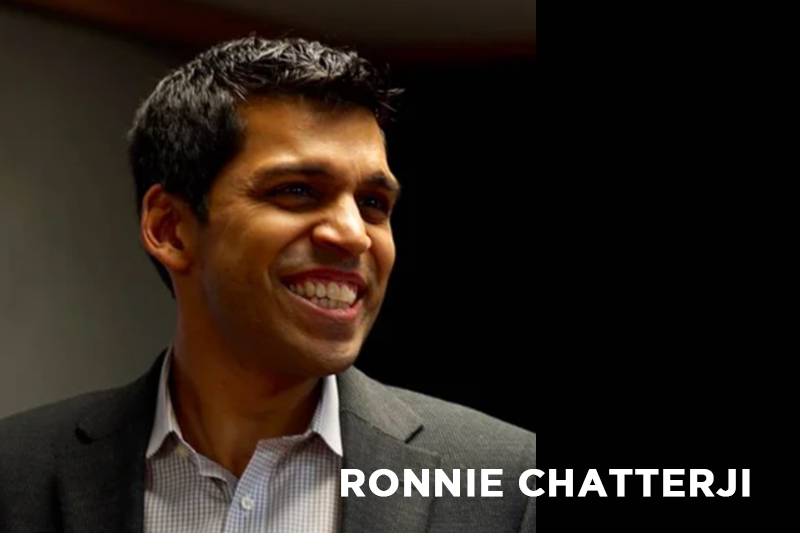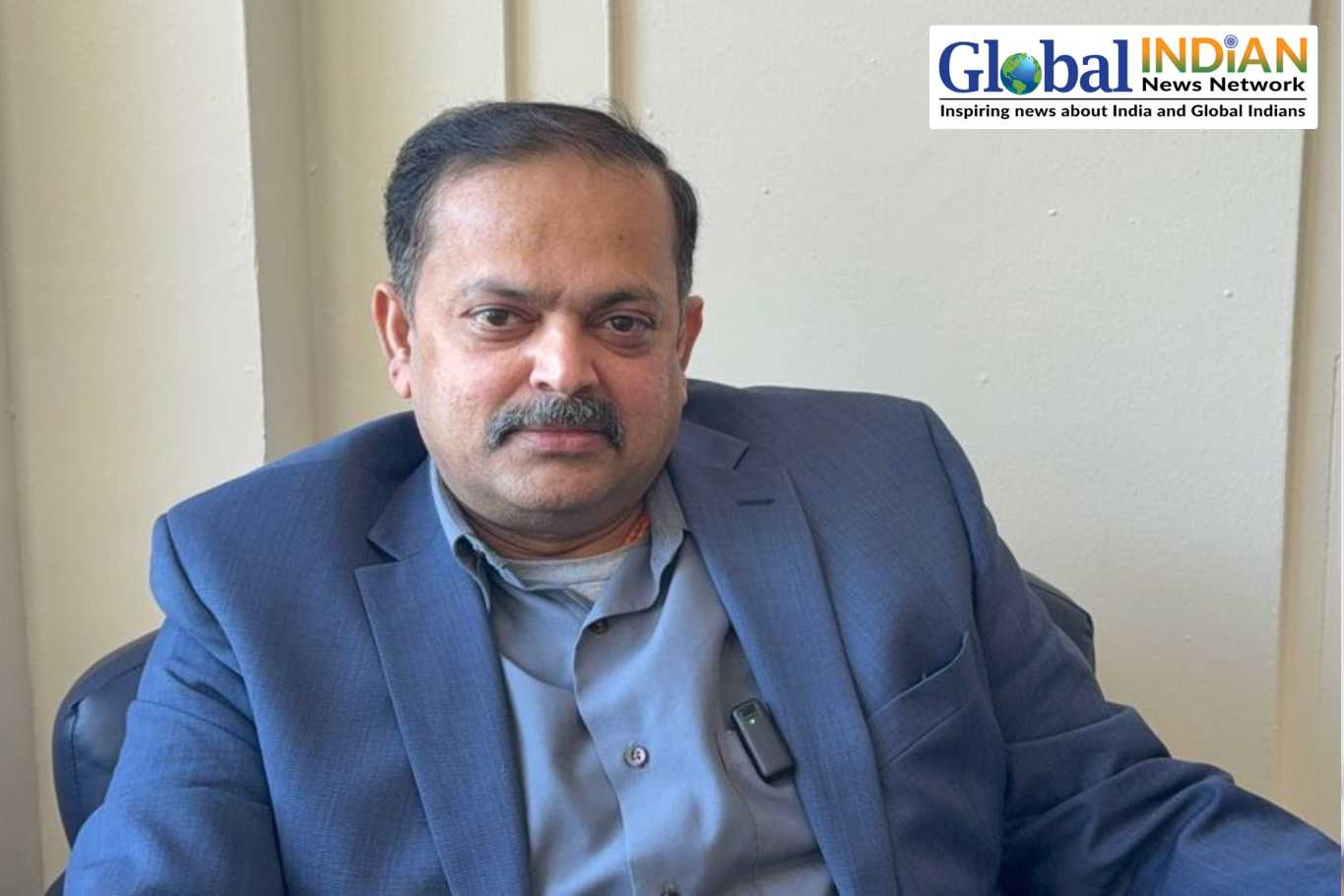 Indian American Aaron “Ronnie” Chatterji, a professor of business and public policy at Duke University, has been appointed OpenAI’s first Chief Economist. With a distinguished career that bridges academia and government, including key roles in the Obama and Biden administrations, Chatterji will lead research on the economic impact of artificial intelligence (AI) and its effects on global growth and labor markets.
Indian American Aaron “Ronnie” Chatterji, a professor of business and public policy at Duke University, has been appointed OpenAI’s first Chief Economist. With a distinguished career that bridges academia and government, including key roles in the Obama and Biden administrations, Chatterji will lead research on the economic impact of artificial intelligence (AI) and its effects on global growth and labor markets.
Chatterji has served as the Biden administration’s CHIPS coordinator, overseeing the $52 billion CHIPS and Science Act, and previously held the position of Chief Economist at the U.S. Department of Commerce. His expertise in economic strategy and innovation positions him well to guide OpenAI in understanding how AI can drive sustainable economic growth.
In his new capacity, Chatterji will focus on the broader economic implications of AI, including how AI infrastructure can reshape economies and influence labor market trends. His research aims to assist policymakers and businesses in navigating both the opportunities and challenges associated with AI adoption, ensuring that the technology benefits a wide range of industries and communities.
Chatterji’s appointment signals OpenAI’s ambition to establish itself as a key player in the global tech landscape and address the economic disruptions that may arise from AI, including potential job displacement. His leadership comes as OpenAI has been enhancing its executive team, recently hiring figures like Chris Lehane as Vice President of Global Affairs and four-star Army general Paul M. Nakasone.
As AI continues to evolve, Chatterji’s work will be critical in guiding OpenAI and other tech firms through the economic shifts prompted by AI. Research co-authored by OpenAI has estimated that up to 80% of U.S. workers could see AI impact at least 10% of their job tasks, with some experiencing up to a 50% impact. Chatterji’s role will help ensure that the economic benefits of AI are distributed equitably while addressing the risk of increased inequality.









